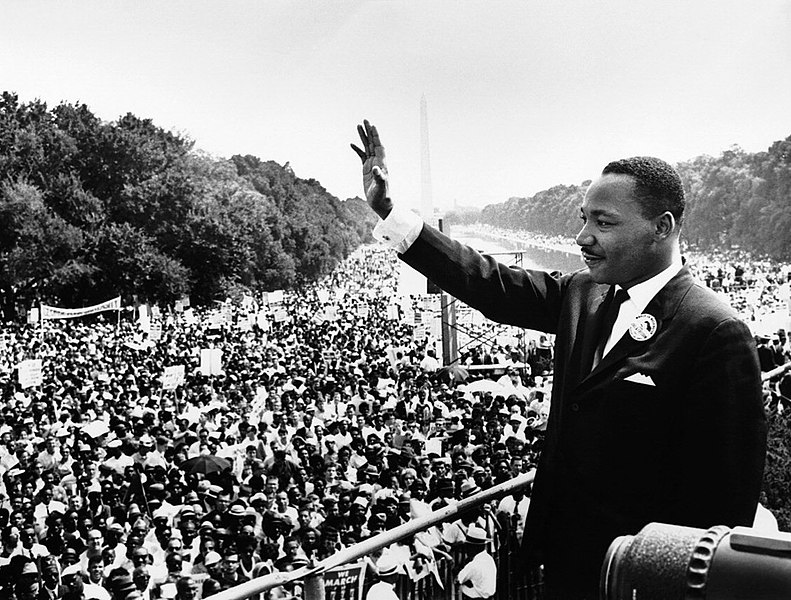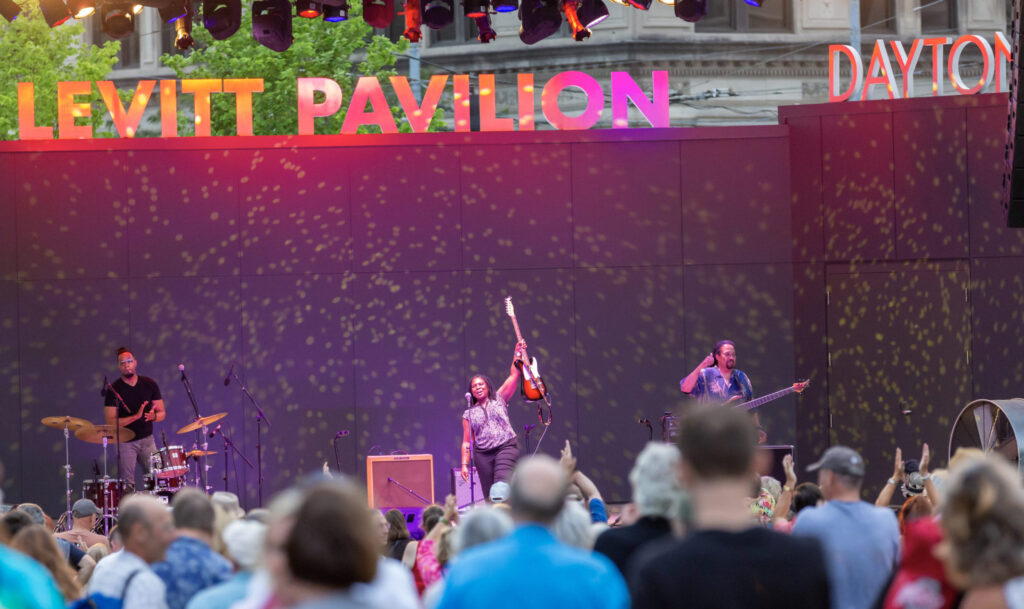
Each year the United States honors the life and legacy of Rev. Dr. Martin Luther King, Jr. As a federally designated National Day of Service, MLK Day encourages Americans to embrace “a day on, not a day off” by serving their communities while schools and businesses close in observance of the holiday. And, like clockwork, waves of quotes and teachings from the civil rights activist and political philosopher flood social and traditional media outlets—reminding us that though Dr. King’s leadership during the Civil Rights Movement defined a moment now referred to as “history,” Dr. King’s ideas about social, racial, and economic justice are as salient as ever.
Today—38 years after Dr. King’s death—communities across America are still being impacted by systemic injustices, structural racism, and oppression. At the Levitt Foundation, we believe that the field of philanthropy has a responsibility to contribute to a positive chain of change by supporting communities and nonprofits that address these social issues. Each year, our reflections on MLK Day (such as last year’s, which explored Dr. King’s faith in the significance of community-building) strengthen our commitment to bridging divides, facilitating healing, and inspiring hope amongst people of all races, ethnicities, genders, and cultures through the power of free, live music.

At the crossroads of music and social impact, Levitt venues foster social connection between community members of all races, ethnicities, cultures and beyond. Pictured: Multi-GRAMMY nominee and blues music legend Ruthie Foster performing at Levitt Pavilion Dayton.
This year is especially the case given the Levitt Foundation recently announced it is spending down $150 million in assets and shutting its doors in two decades—a move that contrasts with the traditional model of philanthropy, which Dr. King (whose work shared a similar goal as philanthropy: to improve people’s lives) openly critiqued throughout his lifetime. Notably, in his 1963 collection of sermons Strength to Love, Dr. King wrote: “Philanthropy is commendable, but it must not cause the philanthropist to overlook the circumstances of economic injustice which make philanthropy necessary.”
At the Levitt Foundation, our understanding of social issues like economic injustice and its disproportionate impact on marginalized communities informs our grantmaking, which is driven by our dedication to equity, diversity, and inclusion. Our commitment to combatting social inequities is also a force underlying our philanthropic philosophy—that putting more resources into communities sooner rather than later is key to setting the stage for accelerated impact and a better future for everyone.
Our $150-million spend down allows us to increase the number of communities receiving grants for free concerts in public spaces—and also bolsters our ability to support and partner with groups and organizations led by and working with marginalized groups, such as BIPOC, LGBTQI+ and disability communities, to build more equitable music ecosystems and advance collective change.

Our $150-million spend down reflects the Levitt Foundation’s commitment to upending economic injustices by ramping up our support for building inclusive, equitable, and thriving communities through free music and arts experiences. Pictured: Levitt AMP Berea Music Series 2023.
To rethink the role of foundations, in many ways, mirrors the contemplation of Dr. King in Strength to Love. He challenged us to rethink the philanthropy sector’s status quo of holding back funds today in hopes of solving problems decades down the line (a belief that many argue perpetuates the systemic inequities philanthropy should address).
Rather than shutting one’s eyes to the current circumstances of the challenges we face today, a small yet growing number of foundations are recognizing that investing more in communities now can yield greater value today than in the future when issues are compounded.
If Dr. King were still with us, we believe he would support the spend down movement in philanthropy, concurring with our conviction that the equitable world we dream of will arrive even faster if we begin building towards it today. As the reverend wrote in Letter from Birmingham Jail (1963), “We must use time creatively, in the knowledge that time is always ripe to do right.”
